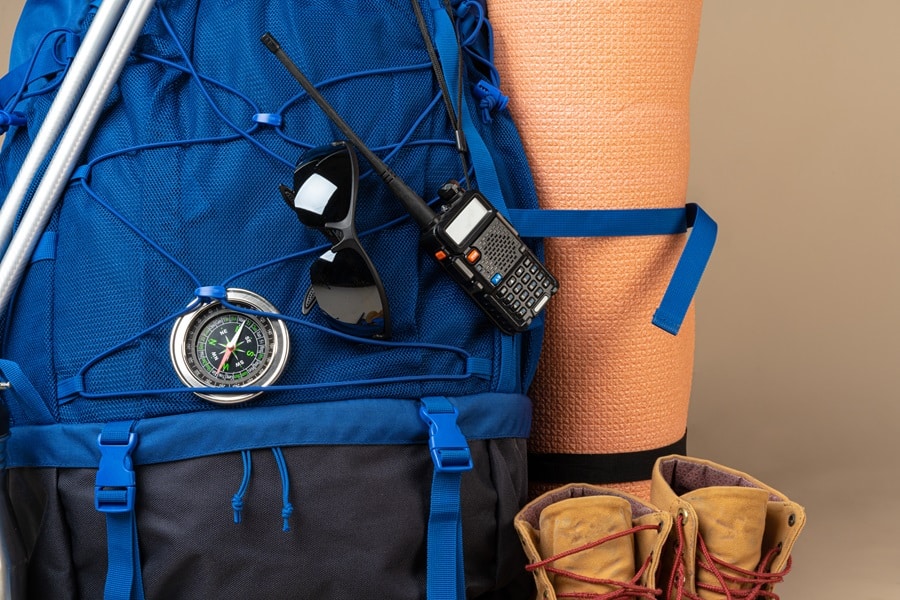Navigating the winter months safely is particularly crucial for seniors, as cold weather brings a unique set of challenges and hazards. This post aims to shed light on these cold-weather hazards and offer practical advice to ensure senior safety. From understanding the health risks associated with winter weather to ensuring safe transportation, the insights provided here are geared toward helping seniors and their caregivers prepare for and effectively manage the challenges of the cold. The goal is not just to promote safety but also to empower seniors to enjoy the season with peace of mind.
Contents
Knowing The Risks
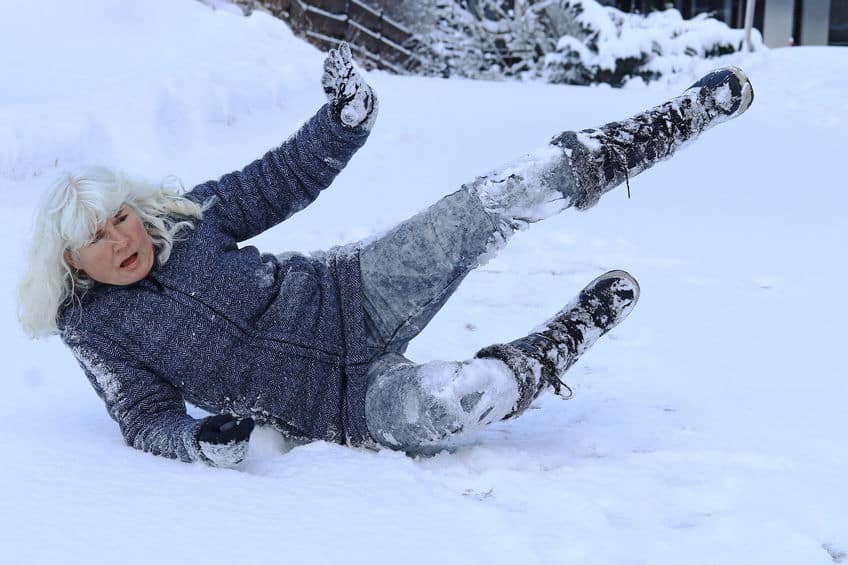
In the winter, seniors face heightened risks of hypothermia and frostbite due to decreased body temperature regulation. These conditions can occur even in mildly cold conditions, making awareness crucial. Additionally, icy sidewalks and pathways significantly increase the likelihood of slips and falls, a major concern given the potential for serious injuries. Understanding these risks is the first step toward effective prevention.
Seniors must also consider how the cold impacts existing health conditions. For instance, cold weather can exacerbate arthritis pain and cardiovascular strain. Regular health check-ups become even more important during winter, ensuring conditions are well-managed and medications are appropriately adjusted. Awareness of these health vulnerabilities is essential for maintaining well-being throughout the colder months.
Home Safety Measures
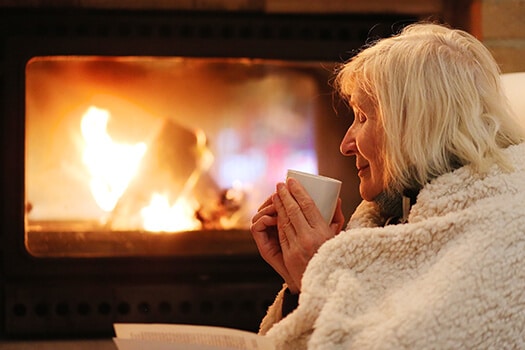
Ensuring a safe home environment is paramount during the winter. Adequate heating and proper insulation are vital in preventing cold-related health issues. However, with increased use of heating appliances, the risk of carbon monoxide poisoning rises, necessitating functional carbon monoxide detectors and regular maintenance of heating systems. Simple steps like sealing drafts and using safe space heaters can also make a significant difference.
In addition to maintaining a warm home, emergency preparedness is crucial. Seniors should have a well-stocked emergency kit containing essentials like food, water, medications, and flashlights. Equally important is establishing a reliable communication plan with family or caregivers, ensuring that in case of a power outage or severe weather, they have a way to reach out for assistance. Regularly checking on these supplies and ensuring they are easily accessible can provide additional security and peace of mind.
Safe Transportation And Travel
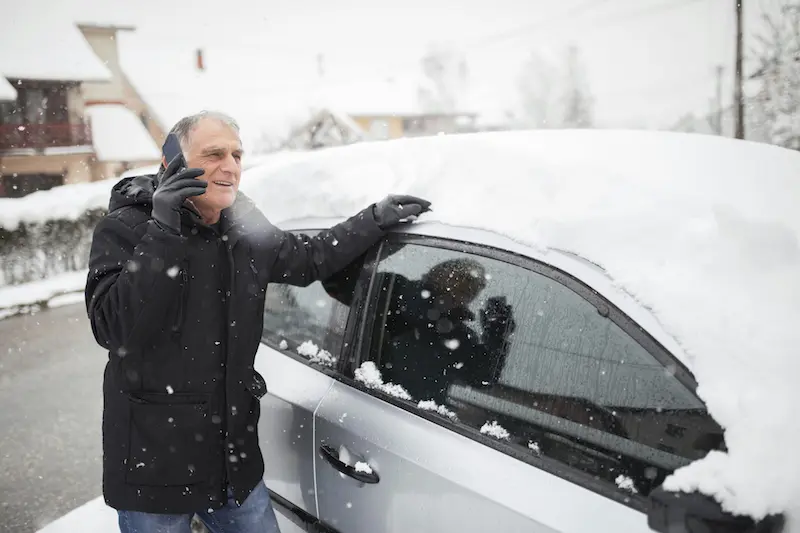
Navigating transportation during winter requires extra caution. For seniors who drive, it’s important to ensure their vehicle is winter-ready, with proper tires and an emergency kit. However, when conditions are harsh, opting for public transportation or senior transportation services can be a safer choice, avoiding the challenges of driving on icy roads. Additionally, when planning outings, it’s advisable to avoid peak times of adverse weather.
For seniors who rely on public transportation or community services, being aware of service changes due to weather and having a backup plan is essential. Local senior centers often provide transportation services specifically designed for senior safety, which can be a valuable resource during winter months. These services not only aid in safe travel but also in maintaining independence. Staying informed about local transportation options and schedules can significantly ease the stress of winter travel.
Dressing For The Weather
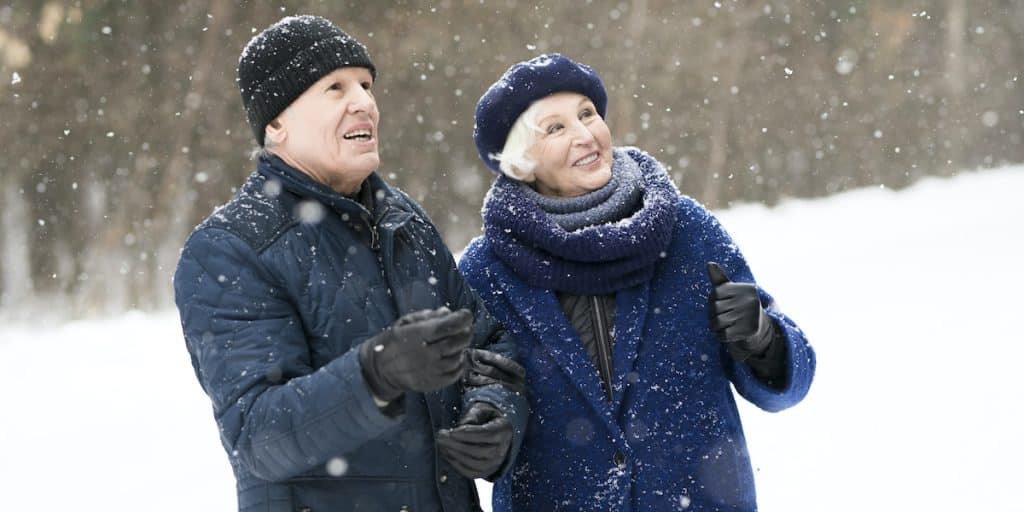
Appropriate winter attire is crucial for senior safety. Layering clothes provides flexibility and insulation, allowing seniors to adjust to varying indoor and outdoor temperatures. Waterproof and slip-resistant footwear is essential to prevent falls, one of the most common winter accidents among seniors. Wearing bright or reflective clothing can also be beneficial for visibility during the shorter daylight hours.
Beyond the basic layering, protecting extremities and skin is vital. Hats, gloves, and scarves help prevent significant heat loss, which is especially important for seniors who are more susceptible to the cold. Additionally, winter skin care is essential as cold, dry air can lead to skin irritation and cracking, which can be both uncomfortable and a health risk for seniors. Using moisturizers and staying hydrated can counteract these effects and keep skin healthy.
Physical Activity And Health
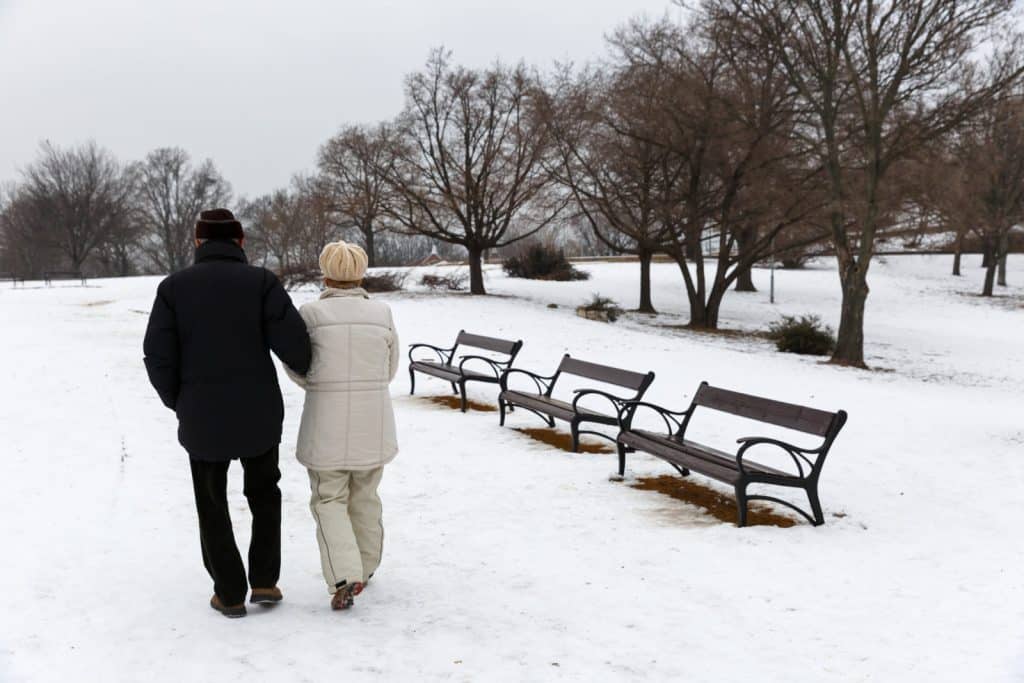
Staying active during the winter is essential for seniors’ physical and mental well-being. Indoor exercises such as stretching, yoga, or using a stationary bike can keep seniors fit while avoiding the risks of outdoor activities in cold weather. It’s also important to maintain regular movement to aid circulation and muscle strength, which are crucial for overall health and fall prevention. Engaging in light physical activities daily can significantly benefit seniors’ health during the winter months.
Maintaining a balanced diet is equally important in winter. As the body may require more energy to stay warm, a nutritious diet rich in vitamins and minerals is vital. Including seasonal fruits and vegetables, whole grains, and lean proteins can boost immunity and energy levels. Staying hydrated is also crucial, as people may not feel as thirsty in colder weather, leading to unintentional dehydration. Regular health check-ups and dietary consultations can help in adapting to the specific nutritional needs during winter.
Mental Health Considerations
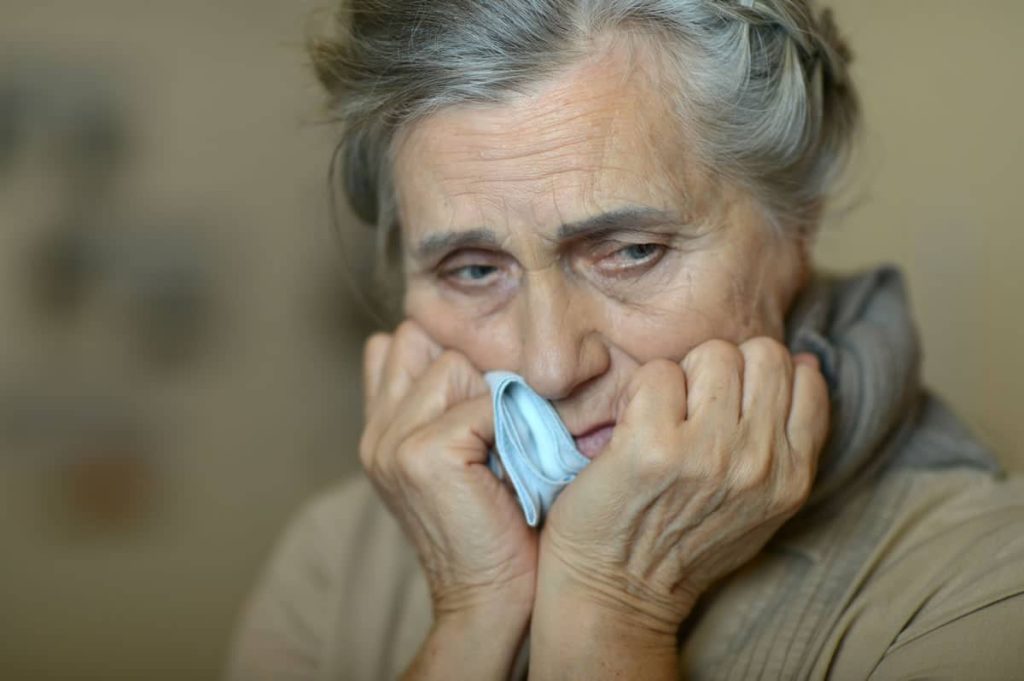
The winter season can be challenging for seniors’ mental health, with shorter days and less sunlight leading to feelings of sadness or seasonal affective disorder (SAD). It’s essential to recognize the signs of these conditions and seek professional help if needed. Activities like light therapy, maintaining a regular sleep schedule, and staying engaged in hobbies can help combat the winter blues.
Social connections are vital for mental well-being, especially during the winter months. Seniors should be encouraged to stay in touch with family and friends, whether through in-person visits, phone calls, or digital communication. Participating in community events or joining clubs can also provide valuable social interaction. Caregivers and family members can play a significant role in ensuring seniors have regular social engagement to support their mental health.
Community And Social Support

Leveraging community resources is key for seniors during winter. Many communities offer senior centers, social groups, and various programs specifically tailored for the elderly. These resources can provide not only socialization opportunities but also access to essential services like hot meal programs, health workshops, and recreational activities. Staying engaged with the community can enhance seniors’ quality of life and provide a sense of belonging.
The role of family and caregivers is paramount in ensuring senior safety and well-being during winter. Regular check-ins, either in person or through communication technologies, are essential for monitoring health and providing companionship. Caregivers can also assist with daily tasks such as grocery shopping, attending medical appointments, and home maintenance, ensuring seniors can safely navigate the challenges of winter.
Secure The Season For Senior Safety
As this guide has shown, winter demands special attention to the safety and well-being of seniors. Embracing these strategies can significantly enhance their quality of life during these colder months. It’s a collective responsibility – seniors, caregivers, and family members alike must join forces to ensure a secure, healthy, and enjoyable winter. Let’s all commit to taking proactive steps toward safeguarding your elderly loved ones against the unique challenges of the season.
